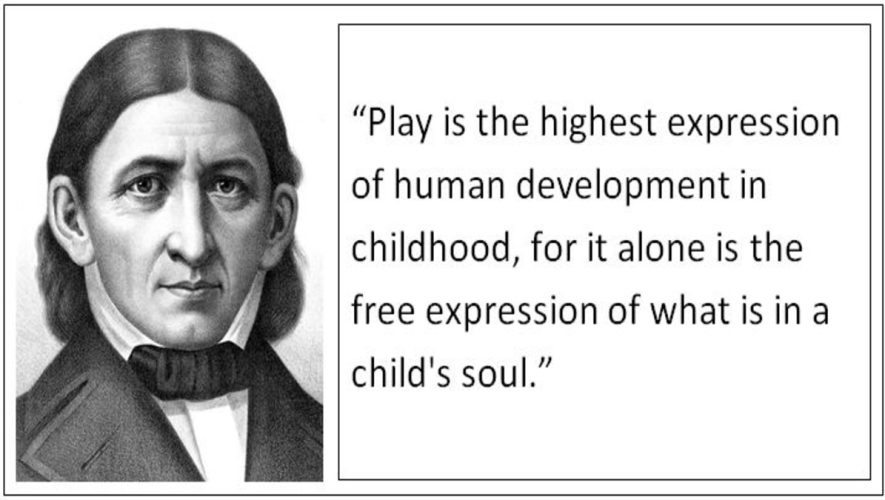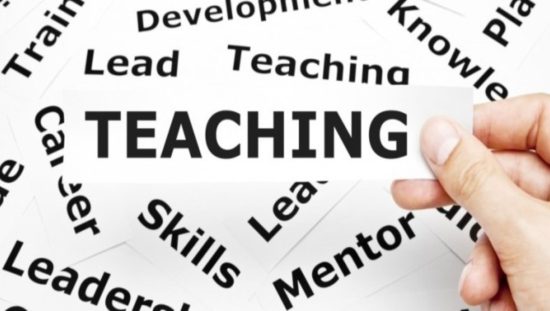Friedrich Wilhelm Froebel was a German educationist. In 1837, he established a school named Kindergarten or Children’s garden, so he developed the basic idea about children’s education. According to him, children are like a flower and teacher is a Gardner. He stressed that each child had the ability to learn. We should provide him freedom so that he might be motivated internally to learn. The school atmosphere must be free from fear and restrictions. The school atmosphere should be friendly so that the child feels himself at home. That’s why he named his institution – The Kindergarten. At the school, he developed his method of teaching for the children to three to seven years of age. This was consisted on following seven gifts and different activities.
- 1st gift – There were the balls of 6 different colors to teach movement, hardness and softness. The child was able to identify the shapes and sizes too.
- 2nd gift – It was consisted of toys, cube and cylinder forms to explain different fonts.
- 3rd gift – It consisted of large wooden cube which had eight parts children by assembling the different parts produced different pictures. They also learn additional subtraction.
- 4th gift – consisted of a cube having eight quadrangles. It was used for comparison with third gift. New objectives were made
- 5th gift – it consisted of 27 blocks with different designs were made by arranging these blocks in different ways.
- 6th gift – It consisted of eighteen large and nine small quadrangle pieces and these were compared with 4th gift. Different pictures were also formed. These 6 gifts are used to give understanding about solid state.
- 7th gift – It consisted of two small boxes containing different geometrical shapes.
Salient Features of Kindergarten
- Religious education must be provided.
- Students should be encouraged to study nature.
- Gardening and rearing of animals is also encouraged.
- Teaching of counting by using different objects.
- Language learning through stories, poems and songs.
- Play and physical training.
- Manual Activities.
Advantages of K-G
- Children can learn in a free and natural environment.
- It creates intrinsic motivation by creating interest.
- Children learn through play and activity.
- Teacher is like a gardener who looks after his garden.
Disadvantages of K-G
- It’s a costly method.
- Trained teachers a required.
- Time consuming.
- Lack of discipline.
- Motives are different for every student, can’t apply for every subject.
OTHER RELATED POSTS




These kind of post are always inspiring and I prefer to check out quality content so I happy to find many good point here in the post, writing is simply great, thank you for the post.
Exceptional work!
Also, many thanks for allowing me to comment!